Our next Interdisciplinary Cyber Security Seminar will take place on Tuesday, 4th March at 5pm.
The seminar will take place in EB202 in the Executive Business Centre, and will be free and open to all. If you would like to attend, please register at https://www.eventbrite.co.uk/e/interdisciplinary-seminar-in-cyber-security-tickets-10691914805
Our speaker will be Dr Lizzie Coles-Kemp. Lizzie is a qualitative researcher, interested in the everyday practices of information production, circulation, curation and consumption within a broad range of communities. She works in Possible Futures Lab within the Information Security Group at Royal Holloway University of London. Her main focus is the interaction between people and security and privacy technologies, how each influences the other and the communities of practice that emerge. As part of this focus, she explores topics such as identity and technology use, gender and information management and information control as a means of power. Current interdisciplinary work includes: value sensitive design in public service delivery, cultural analysis in institutional security and the use of visual research methods in interdisciplinary research.
Abstract: Over the last five years at the Information Security Group, Royal Holloway, a research group called Possible Futures Lab has been working on projects that explore what notions of information control mean in the context of everyday lives. We have two primary objectives: to improve designs related to everyday information production and control and to influence thinking on topics of everyday information security. Each of our projects has started with ethnographic research that has enabled us to identify and observe the relevant spaces and places. From there we have co-designed with each community discovery tools for seeing, experiencing and exploring these spaces. These tools help us to better understand the community viewpoints on information and its control and to design/re-design services and technologies to better support this position. This talk gives examples of this approach in two of our projects that focus on cyber security decision making.



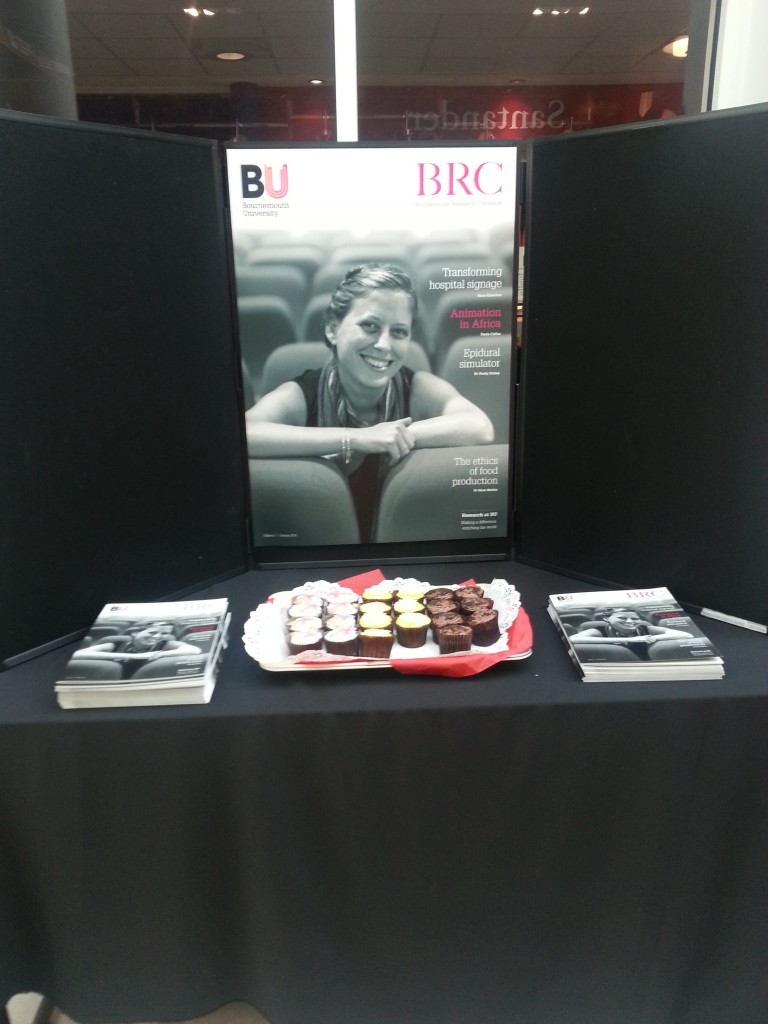
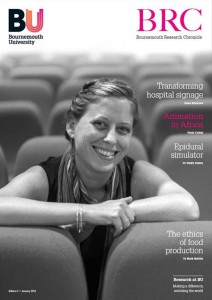
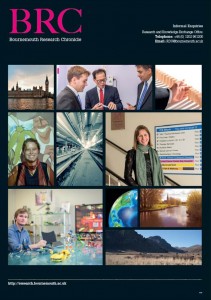

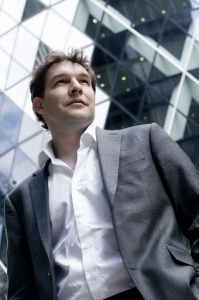


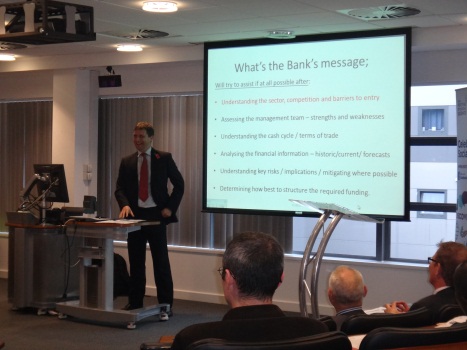
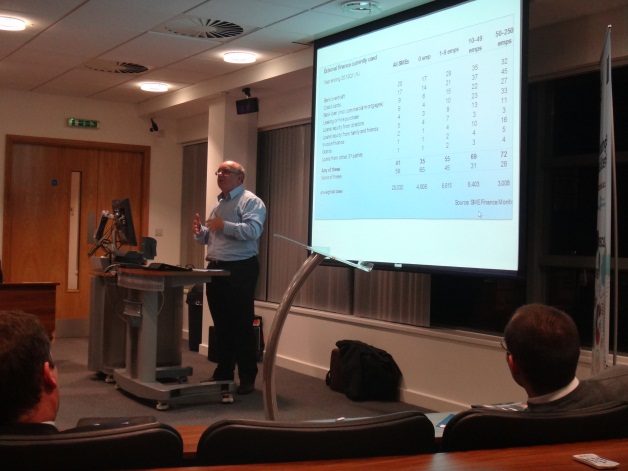

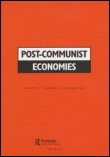













 REF Code of Practice consultation is open!
REF Code of Practice consultation is open! BU Leads AI-Driven Work Package in EU Horizon SUSHEAS Project
BU Leads AI-Driven Work Package in EU Horizon SUSHEAS Project Evidence Synthesis Centre open at Kathmandu University
Evidence Synthesis Centre open at Kathmandu University Expand Your Impact: Collaboration and Networking Workshops for Researchers
Expand Your Impact: Collaboration and Networking Workshops for Researchers ECR Funding Open Call: Research Culture & Community Grant – Apply now
ECR Funding Open Call: Research Culture & Community Grant – Apply now ECR Funding Open Call: Research Culture & Community Grant – Application Deadline Friday 12 December
ECR Funding Open Call: Research Culture & Community Grant – Application Deadline Friday 12 December MSCA Postdoctoral Fellowships 2025 Call
MSCA Postdoctoral Fellowships 2025 Call ERC Advanced Grant 2025 Webinar
ERC Advanced Grant 2025 Webinar Update on UKRO services
Update on UKRO services European research project exploring use of ‘virtual twins’ to better manage metabolic associated fatty liver disease
European research project exploring use of ‘virtual twins’ to better manage metabolic associated fatty liver disease